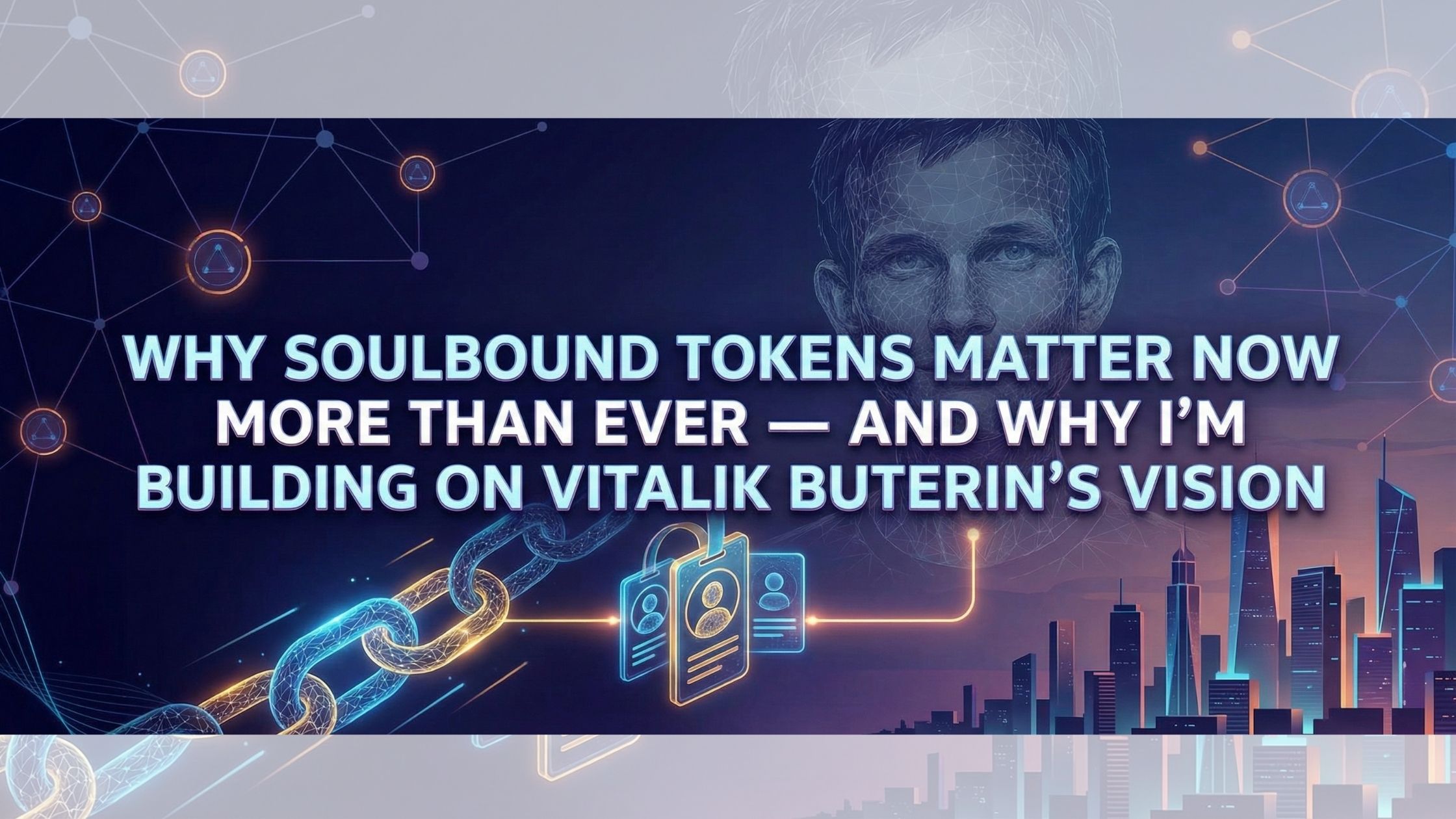Generative AI in user-generated content. Extended Abstracts of the CHI Conference on Human Factors in Computing Systems (CHI EA ’24)
Hua, Y., Niu, S., Cai, J., Chilton, L. B., Heuer, H., & Wohn, D. Y. (2024).
Honolulu,HI, USA.
https://doi.org/10.1145/3613905.3636315
Hua et al. (2024)investigate the transformative role of generative artificial intelligence(Gen-AI) in shaping user-generated content (UGC) across social media platforms.The paper highlights the dual nature of Gen-AI as both an enabler of creativityand a source of potential risks. Gen-AI tools—such as ChatGPT, Midjourney, andSynthesia—streamline the production of text, images, and videos, loweringbarriers for non-professional creators and accelerating digital participation.However, this rapid adoption raises questions about authenticity,misinformation, and fairness. The authors situate Gen-AI within the frameworkof “AI-mediated communication,” emphasizing its ability to act as a co-creatorby enhancing or generating content on behalf of users.
The reviewunderscores opportunities for creators, such as enhanced productivity, newstorytelling formats, and democratization of content production. At the sametime, it identifies challenges related to ethics, misinformation (e.g.,deepfakes), biased outputs, and the risk of eroding trust among audiences.Special attention is given to vulnerable communities, who may face amplifiedrisks if AI systems reproduce systemic biases or if access to such technologiesremains uneven. The paper also notes that recommendation algorithms andmoderation practices must adapt to the influx of AI-generated UGC to preventmanipulation and ensure credibility.
Overall, theauthors argue that Gen-AI signals a paradigm shift in online communication,demanding new frameworks for trust, inclusion, and content governance. Theycall for interdisciplinary collaboration to characterize AI-generated content,explore its implications for creators and users, and design equitable policiesfor future digital ecosystems.

.png)





















%2520and%2520write%2520reviews%2520of%2520hotels%252C%2520restaurants%2520etc.png)




















%252C%2520or%2520keep%2520their%2520photos%2520private.png)







%2520clips.png)




















































Good Karma for those who comment...